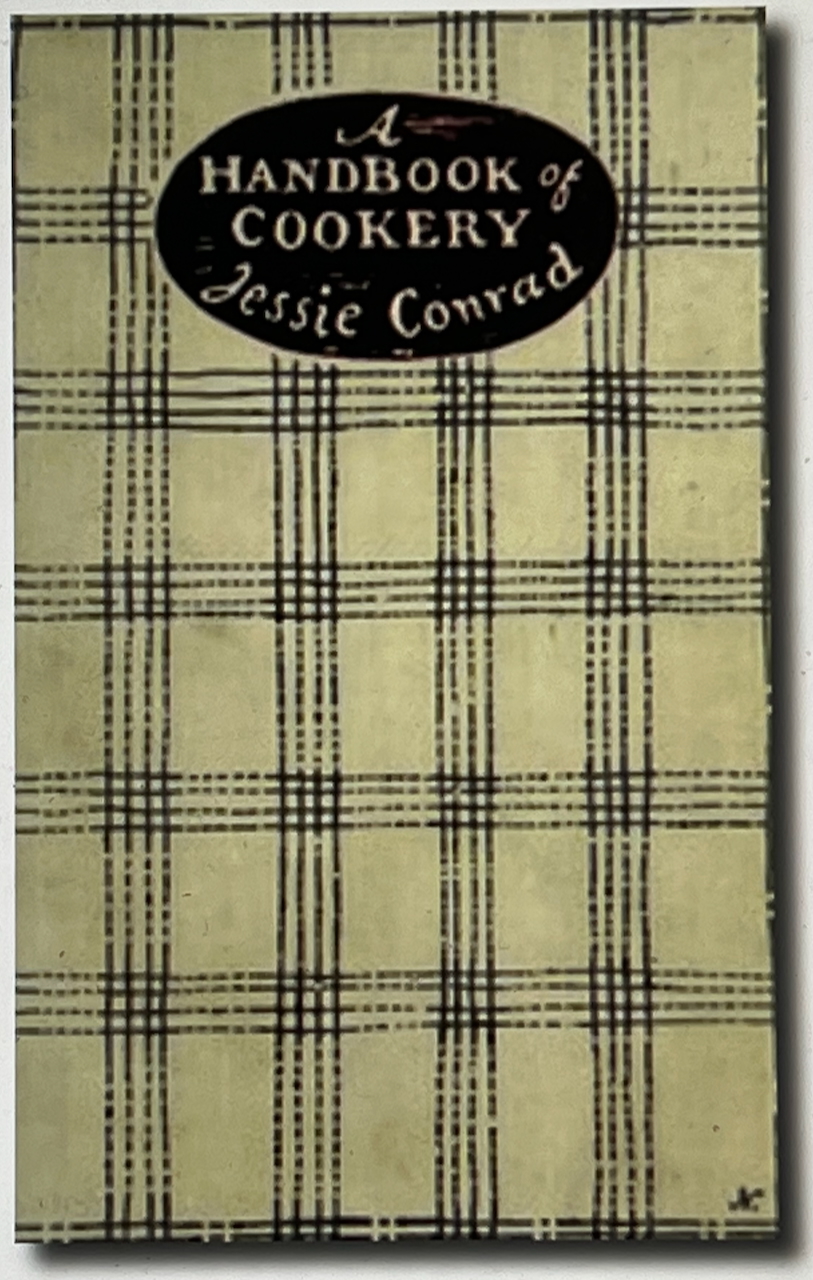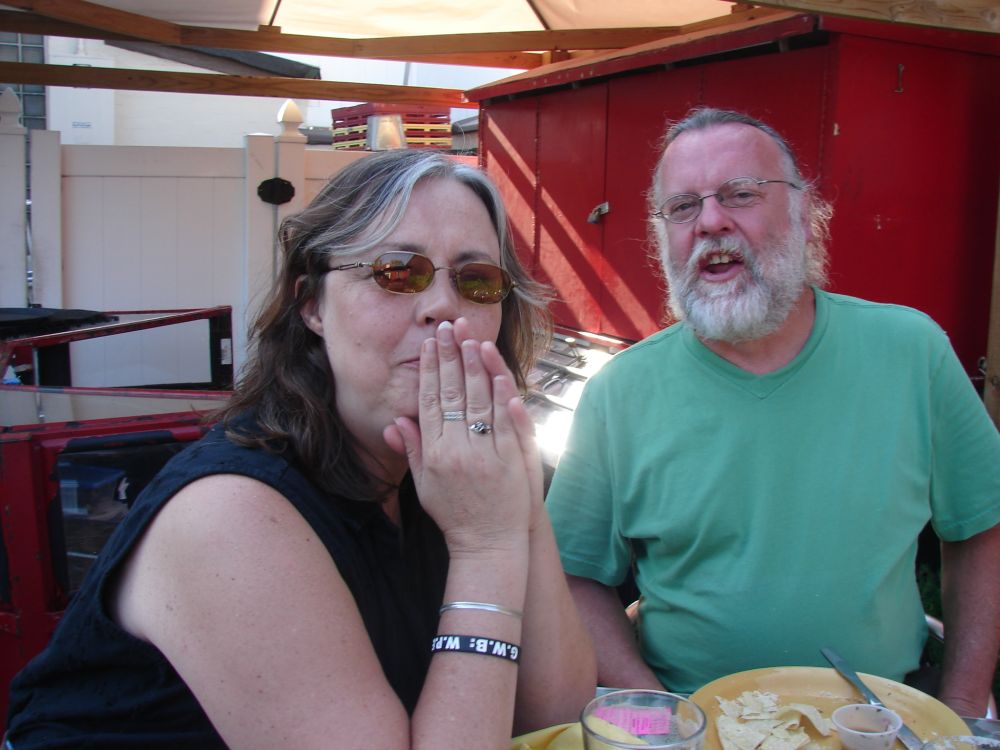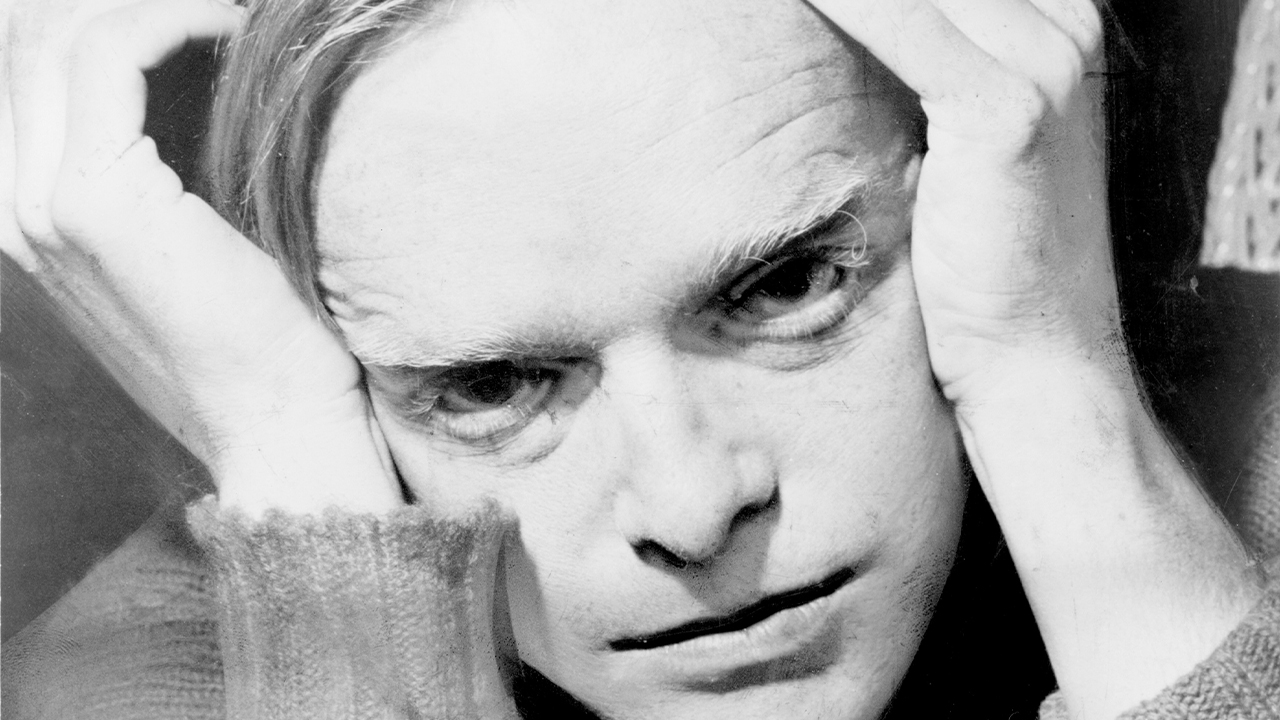Visiting the Apple Orchard a Return to Eden—With Donuts
October 11, 2023

To paraphrase the old riddle from cosmology: if the arrival of fall is the answer, what is the question?
Maybe: How will we know we are released from our summer lives?
It is a common complaint that there are no seasons in the American foodway. Fuji apples are stored in cold warehouses in Japan and shipped year-round to U.S. supermarkets. Crunchy tomatoes never get scarce. We are told this is a sign of security in the market economy, of prosperity in the American way, of ingenuity over nature, but something rebels.
It feels strange in the body to see bunches of February basil in plastic coffins in the supermarket-chain cooler, next to tubes of processed ginger paste and corporate kimchi that never varies. It is worse to think of Argentinian pears being cut into cubes in Thailand and packed with simple syrup in individual plastic containers then shipped to Alabama. Where, we cry, are the polar bears of yesteryear?
Gathering food locally at a local pace with local technology may not be quite as convenient in some cases, but it roots us more firmly in our own lives. This, I think, is the subconscious delight of visiting a local apple orchard in fall. (“Look kids: That’s where yer GoGo squeeZ’ers come from.”) Most visitors do not have the knowledge or interest to can large quantities of applesauce, but sometimes an authentic apple pie gets made, almost as if by accident, the way the seasons happen, and the fruit basket on the counter can have fresh Sunscrisps in it for a week.
More consciously, of course, people visit local orchards for the change of scenery, the beautiful fall day, the hot apple-cider donuts rolled in sugar with a cold cup of cider, and the chords struck with Halloween and Oktoberfest.
My local, Eckert’s, has been in the same family since 1890; their orchards and farms go back to 1837 in the United States. They have several locations, with a hub in Belleville, Illinois, where there are acres of mature apple trees in rows, as well as peaches, strawberries, pumpkins, and blackberries. Tractors pull people-wagons into the trees and fields to pick then return them to the huge Country Store and Garden Center, donut- and frozen-custard stand, music stage, and restaurant onsite. Last weekend, Fujis and Suncrisps were being picked. So many were ripe that the ground under the trees was covered in softball-sized apples that had fallen in the wind or by the tuggings of fruit tourists.
Back at the store long lines formed to weigh and pay for private harvests. A cute older couple moved forward slowly with four large bags filled with enormous apples. The little Chinese woman wore a black baseball cap with a big red heart on it, and she hugged her companion’s arm and talked about the dehydrator she had at home and how the dried chips would make a healthy snack for them all winter. When they got their sacks on the scale it read fifty-four pounds. The apples cost two dollars a pound.
“Oh, jolly,” the woman said.
Her partner was thin but hale enough to carry most of the bags, in one go, out of the way as she paid. He rejected her suggestion to use a shopping cart to get their haul to their car in a distant lot but was visibly grateful when she got one anyway. He wanted a hot apple-cider donut from the stand.
“Cancer,” she could be heard to say with regard to the smell of burned oil coming from the stand, where people were lined up and listening to the septuagenarian German polka band. Bartenders were pulling ciders and beers from taps.
Truth be told, orchards themselves were a first step toward convenience. Instead of marching around the countryside looking for trees, we find them in one place, where they can be fed, debugged, pollinated, pruned, and harvested. It is a recreation of Eden of sorts. Modern “family-friendly” orchards ladle convenience on convenience, and convenience is nice.
The guitar player from the German band was in the men’s room after they had finished for the day. He gave a mighty groan as he approached the urinals: uhhhhh.
“Nice set,” a man said.
The musician ignored the comment. He was looking down with frustration at his lederhosen. “These damn buttons,” he said.






